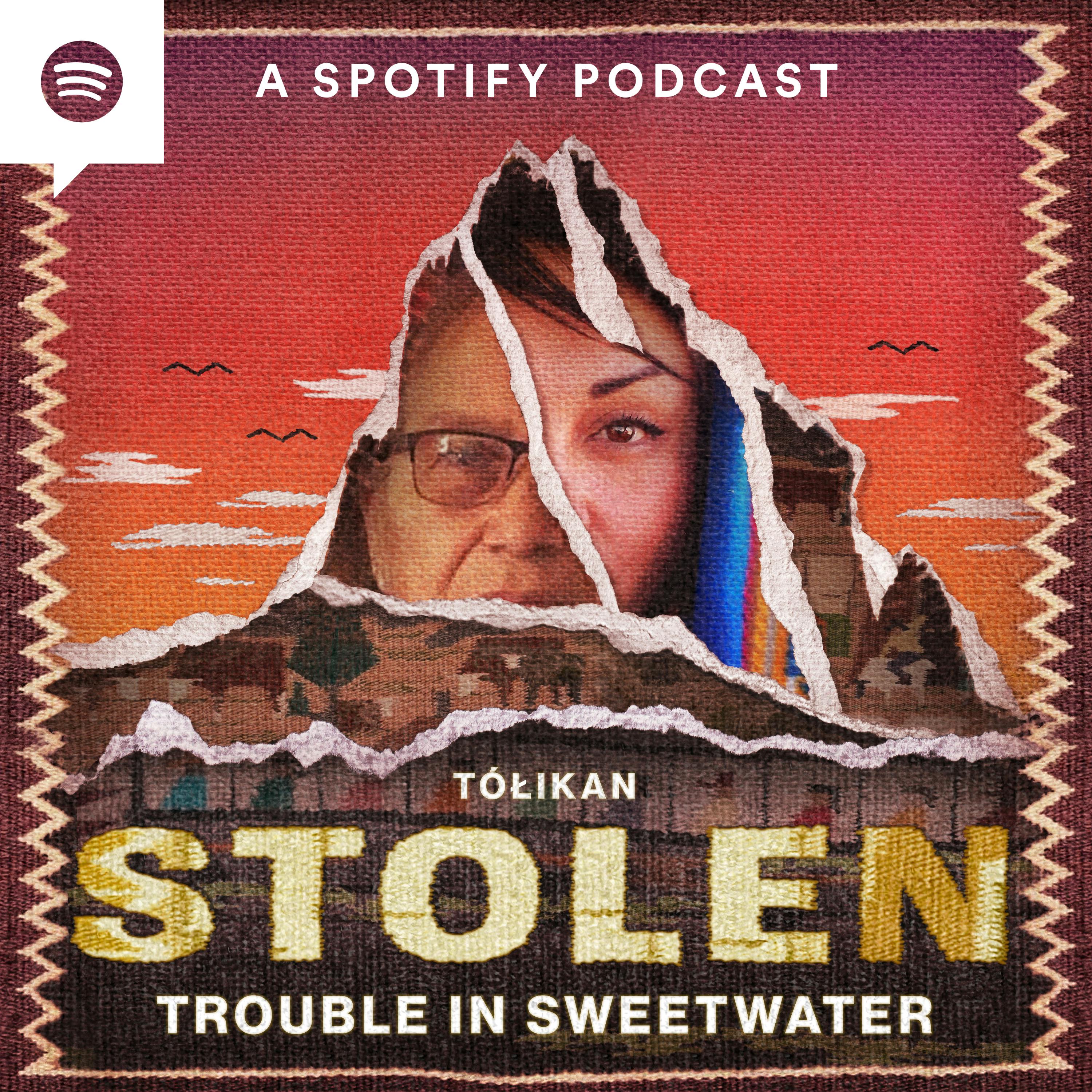
Nepal Now: On the Move
We're talking with the people migrating from, to, and within this Himalayan country located between China and India. You'll hear from a wide range of Nepali men and women who have chosen to leave the country for better work or education opportunities. Their stories will help you understand what drives people — in Nepal and worldwide — to mortgage their property or borrow huge sums of money to go abroad, often leaving their loved ones behind.
Despite many predictions, migration from Nepal has not slowed in recent years, except briefly during the height of the Covid-19 pandemic. About 1 million Nepalis leave every year to work at jobs outside the country. Tens of thousands go abroad to study. Far fewer return to Nepal to settle. The money ('remittances') that workers send home to their families accounts for 25% of the country's GDP, but migration impacts Nepal in many other ways. We'll be learning from migrants, experts and others about the many cultural, social, economic and political impacts of migration.
Your host is Marty Logan, a Canadian journalist who has lived in Nepal's capital Kathmandu off and on since 2005. Marty started the show in 2020 as Nepal Now.
Nepal Now: On the Move
Israel seeking workers for long-term care; your favourite episode?
I want to start this week with a shout out to Tanka, who shared our 3 latest episodes on LinkedIn, including his favourite. His top choice was our chat with Raj and Sunita, who met, online, while working in Gulf countries, got married in Nepal and are now living here again, at least temporarily. Although they’re now pregnant, they appear destined to be a migration family, as Raj is now trying to get a work visa for South Korea.
Do you have a favourite episode of the show? If so, why not let us know via LinkedIn or other social channels. You can also text the show by clicking the link above. If you're in the US or Canada it's free, it costs 6 rupees from Nepal, and outside of these areas normal charges would apply.
This week's news about migration includes the Government of Nepal recruiting 500 men and women to work in Israel as assistants in long-term care centres. There have been some online protests about the government working with Israel because of its ongoing attack on Gaza, but I don’t expect that will affect applications
Coming up next week we'll be speaking with award-winning journalist Pramod Acharya, who reports about migration, including human rights abuses, of Nepali and other workers, during the building of World Cup facilities in Qatar. He also worked with other media to uncover abusive practices in Amazon warehouses in Saudi Arabia.
News links
Recruiting Nepali workers for Israel
Your brain on audio podcasts
Tell us how we're doing, or just say hi
You can subscribe to Nepal Now for as little as $3 a month. Your support will help to defray the costs of making the show. And you'll also get a shout-out in a future episode.
You can also show your love by sending this episode to someone who you think might be interested or by sharing it on social media:
LinkedIn
Instagram
Sign up to our newsletter
Music by audionautix.com.
Thank you to PEI in Bakhundole and Himal Media in Patan Dhoka for the use of their studios.
Nepal Now is produced and hosted by Marty Logan.
Hi everyone, this is Marty. Thank you for joining me for another episode of Nepal Now: Right Now, where we share feedback from listeners and news about migration and Nepal. I want to start today with a shout out to Tanka. Tanka shared our three latest episodes on his LinkedIn account, including his favourite. Tanka's top choice was our chat with Raj and Sunita, who met online while working in Gulf countries. They got married in Nepal and are now living here again, at least temporarily. Although they're now pregnant, they appear destined to be a migration family, as Raj is now trying to get a work visa for South Korea. have a favorite episode of the show, why not let us know? Like Tanka, you can message us on LinkedIn or our other social accounts. We're@nepalnowpod. You can email the show at nepalnowpod(at)gmail.Com. And you can text us by clicking on the link at the top of the description for this and all episodes. It is a US number, so that means if you're in the US and Canada, it's a free text. From Nepal, it costs six rupees, I know because I tried yesterday. And if you're outside of those two areas, normal texting charges would apply. A reminder that if you're listening on Google Podcasts, you soon will no longer be able to do that. Google is being discontinued. So you need to find a new app. Nepal Now is available on most of them. So get looking. In terms of news about migration, this week one big story is that the government of Nepal is recruiting 500 men and women to work in Israel as assistants in long-term care homes. I think these jobs in Israel were quite in demand previously and I expect they will be now. I did see online that there is a petition going around opposing this cooperation by the government of Nepal with Israel after its attack on Gaza. But I, I doubt that'll make a big difference in people applying for these jobs. We'll see. By the way, there are links to these news items at the bottom of the notes to this episode. The second piece of news is not really news, but it's a really interesting article about how podcasts, how listening to podcasts, affects your brain. And if you take a look at it, you'll see there are many different impacts that they describe. One of them is that listeners develop an attachment and trust with the podcast host, which of course I think is really cool. The second one, which is surprising perhaps, our bodies react more strongly listening to audio only than when we're watching, listening to a so called video podcast. And as an audio only podcaster, I think that's great. Coming up next week, we're talking to journalist Pramod Acharya, who reports about migration. A couple of years ago, he reported about Nepali workers, and others, helping prepare stadiums for the World Cup in Qatar. And more recently, he's teamed up with other media to report about Nepali workers in Amazon warehouses in Saudi Arabia. And that award winning reporting actually led to Amazon changing some of the rules on how it treats workers. So I'm really interested to talk to Pramod about his work and success to date. That's all for this week. I will talk to you again next week.




